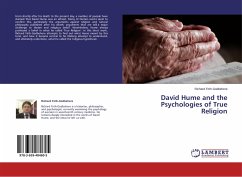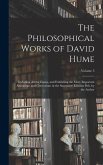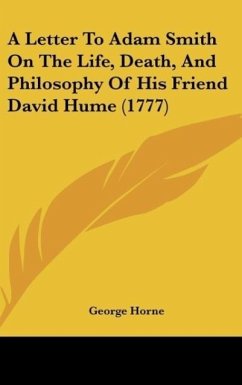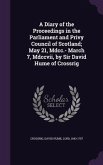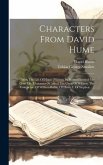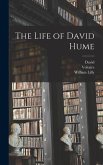From shortly after his death to the present day, a number of people have claimed that David Hume was an atheist. Many of Hume's works seem to confirm this, particularly the arguments against religion and natural philosophy published after his death; arguments that are still a major challenge to theism and religious belief. Nevertheless, Hume always professed a belief in what he called 'True Religion'. In this short work, Richard Firth-Godbehere attempts to find out what Hume meant by this term, and how it became central to his lifelong attempt to understand, and ultimately undermine, what he called the 'religious hypothesis'.
Bitte wählen Sie Ihr Anliegen aus.
Rechnungen
Retourenschein anfordern
Bestellstatus
Storno

